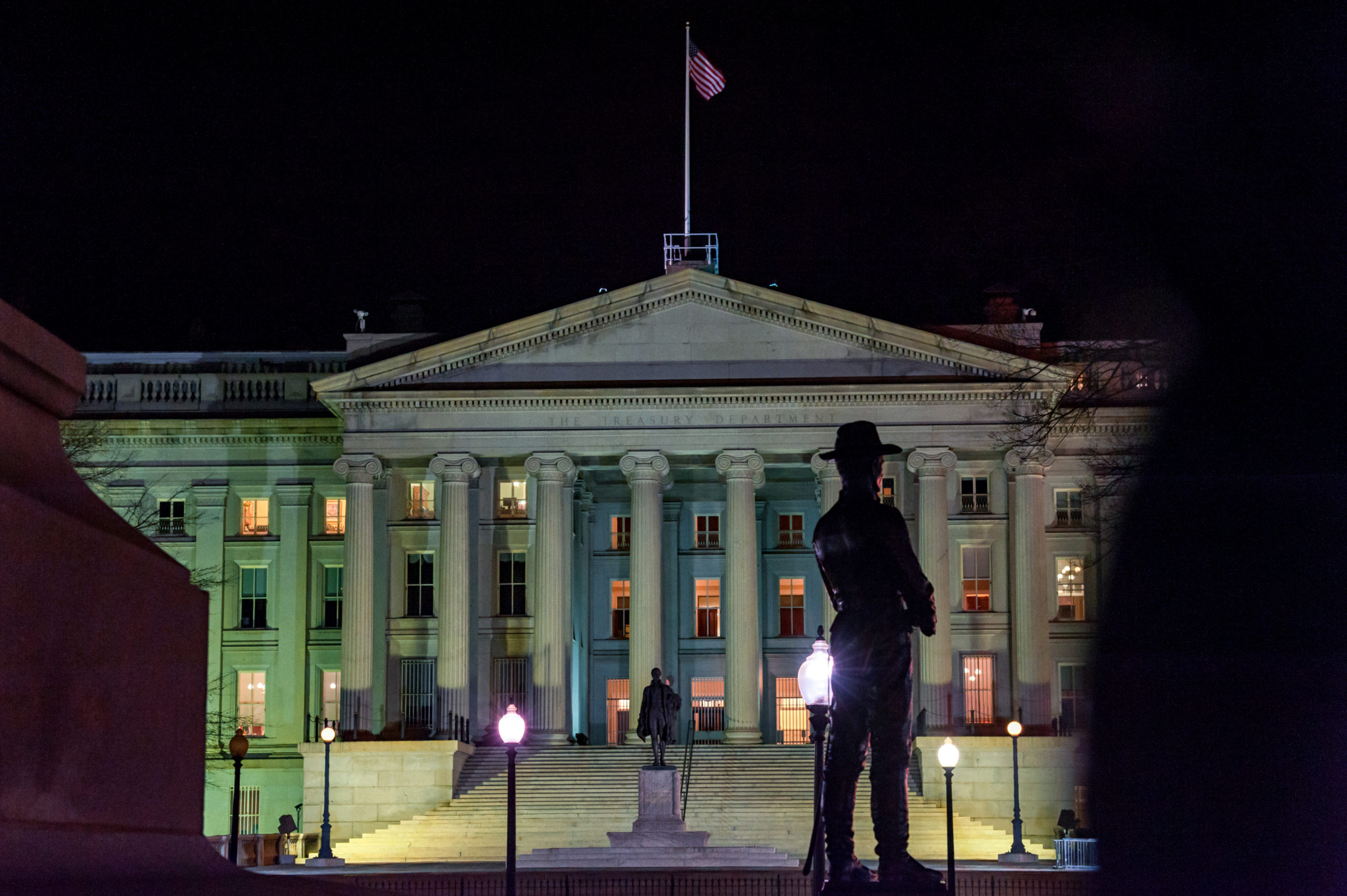Court Decision Sets Back Full Implementation of Corporate Transparency Act
Haga clic aquí para leer en español
WASHINGTON, DC – On Friday, March 1, a federal district judge in Alabama issued an opinion finding that the Corporate Transparency Act (CTA), a landmark U.S. anti money laundering law, is unconstitutional on the grounds that Congress supposedly exceeded certain limits on its powers. The decision was handed down in a challenge brought by the National Small Business Association and one of its individual members against the Secretary of the Treasury, and prevents the Treasury Department from enforcing the CTA against the plaintiffs.
Last year, FACT joined Transparency International U.S. and small business group Main Street Alliance to file an amicus brief in the case in support of the CTA. That brief noted the core national security function of the law, as well as the limited nature of information required to be collected under the law: “The CTA is a historic anti-money laundering step that Congress correctly understood would strengthen the ability of law enforcement—and the U.S. national security and intelligence communities—to curtail the use of anonymous entities to commit crimes.” The judge, in his decision Friday, suggested there was not a clear enough case for the national security impact of the law.
“This is a pro-crime, pro-drug cartel, pro-fentanyl ruling which undermines the rule of law and allows criminals to use anonymous shell companies to hide their dirty money from law enforcement,” said Ian Gary, executive director of the FACT Coalition. “Close to a million law abiding companies have already complied with the law, and this ruling should be stayed and overturned on appeal.”
The bipartisan Corporate Transparency Act was passed in 2021 as a means to curtail illicit finance flowing through the United States: a sum estimated by the U.S. Treasury to be equivalent to 2 percent of U.S. GDP, or approximately $460 billion, each year. Treasury Secretary Janet Yellen has said repeatedly that “There is a good case that, right now, the best place to hide and launder ill-gotten gains is actually the United States.”
Stopping the abuse of anonymous U.S. companies as a means to launder criminal and corrupt funds is the single most important reform to address the U.S. role as the top destination for the world’s illicit funds. The Act’s supporters include national security leaders, the U.S. banking industry, and the small business community, among others.
“Small businesses are harmed when they are forced to compete with illegitimate businesses that commit fraud and other crimes through the use of anonymous shell corporations,” said Shawn Phetteplace, director of policy and political impact at Main Street Alliance. “Requiring corporations to identify the real beneficial owners of the legal entity helps law enforcement agencies to prevent such crimes, thereby reducing harms to legitimate small businesses. The Court’s decision only empowers criminals to outcompete and defraud honest small business owners.”
“We must not allow a single judge in Alabama to abruptly reopen the floodgates to criminals using anonymous companies to launder their ill-gotten gains,” said Zorka Milin, policy director at the FACT Coalition. “This decision is off the mark in terms of constitutional interpretation and is based on a misunderstanding of U.S. anti-money laundering law. We urge the government to promptly appeal, and to request to stay the district court’s injunction pending appeal.”
###
Notes to the Editor:
- See here for the Court’s decision on NSBU v. Yellen.
- See here for the amicus brief that the FACT Coalition submitted with the small business organization Main Street Alliance and FACT-member Transparency International U.S. underscoring the national security import and minimal burdens of the Corporate Transparency Act.
- See FACT sheets on how the Corporate Transparency Act would help honest small businesses and protect U.S. national security.
- In a statement to press, key CTA champion Senator Sheldon Whitehouse (D-RI) said, “This is an aberrant decision issued by a lone district judge in Alabama, based on an extraordinarily narrow view of Congress’s constitutional powers that is unsupported by precedent. I would urge the government to appeal quickly to correct the erroneous decision and ensure the law’s transparency requirements can be fully and uniformly implemented.”

